In Rwanda, patriotism is not just a concept but a lived reality, deeply embedded in the country’s history and culture, says Nicolas Rwaka, Division Manager of Research on Heroism, Outstanding Achievers, and Decorations at the Chancellery for Heroes, National Orders, and Decorations of Honour (CHENO).
According to Rwaka, patriotism is a legacy inherited from ancestors an enduring value that has shaped generations. “For Rwanda to exist and thrive without being swallowed by its neighbors, its people were always ready to sacrifice and defend it, recognizing that nothing matters more than their country,” he told The New Times.
In pre-colonial Rwanda, patriotism went hand in hand with bravery. The Abatabazi warriors, who fought knowing they might not survive, and the Abacengeri scouts, who risked their lives to gather intelligence, embodied this spirit of selfless service. Those who displayed courage and dedication were honored through Itorero, a traditional institution that instilled values of loyalty, bravery, and commitment to the common good.
Colonialism, Rwaka noted, weakened these traditions by deliberately undermining unity, sacrifice, and patriotism. Yet the spirit endured. Leaders such as King Mutara III Rudahigwa and national hero Michel Rwagasana resisted injustice, keeping alive the values of love for country and selflessness.
The 1990–1994 liberation struggle revived these ideals. Rwandans inside and outside the country united to fight discrimination, poor governance, and oppression. The Rwanda Patriotic Front/Army (RPF/RPA) ended the 1994 Genocide against the Tutsi, restored unity, and rebuilt the country. Heroic acts protecting civilians, rescuing those at risk, and standing against militias defined a generation and laid the foundation for recovery.
Today, patriotism has taken new forms. It is reflected in civic responsibility, unity, and contributions to national development. “It now lies in efforts that promote inclusive growth, strengthen Rwanda’s global reputation, and sustain good governance,” Rwaka said. But he also warned that youth must resist the temptation of pursuing quick personal gain over collective progress.
Patriotism, he stressed, is not static. It evolves with time and demands commitment from each generation. “Today, it is less about the battlefield and more about building a society of unity, fairness, and progress,” he noted.
Examples of modern patriotism include people like Helene Nayituriki, a Catholic nun and former school headmistress. During the 1994 genocide, she sheltered and saved over 150 students, teachers, and neighbors. Awarded a national medal in 2007, she represents patriotism through care, protection, and moral courage.
“Loving your country means shielding it from harm whether to people or to the land. It means teaching values, spreading them, and ensuring Rwanda is respected even by outsiders,” Nayituriki said. She emphasizes that patriotism also shows in everyday life building strong families, living peacefully, respecting leaders, and valuing those who sacrificed for the country.
As Rwaka and Nayituriki highlight, patriotism in Rwanda remains a living heritage one that calls for courage, service, and responsibility, not only in extraordinary acts but in daily choices that shape the nation’s future.
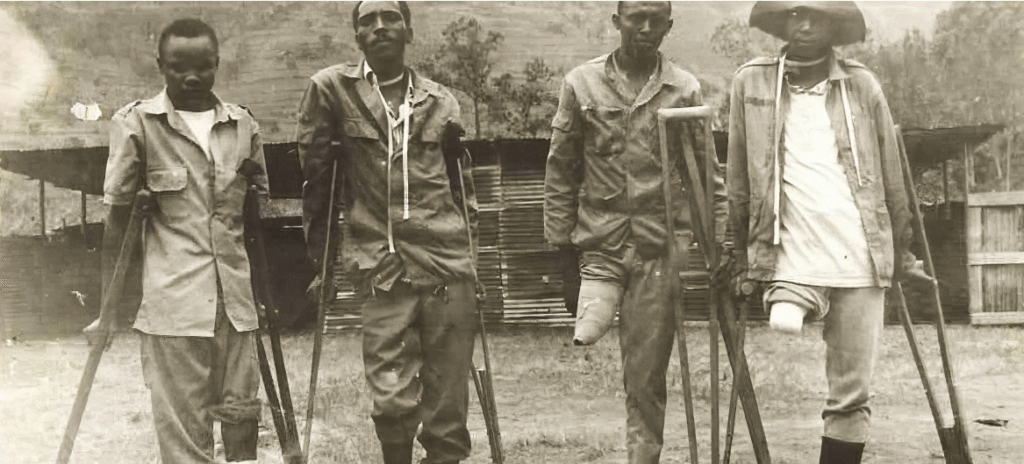



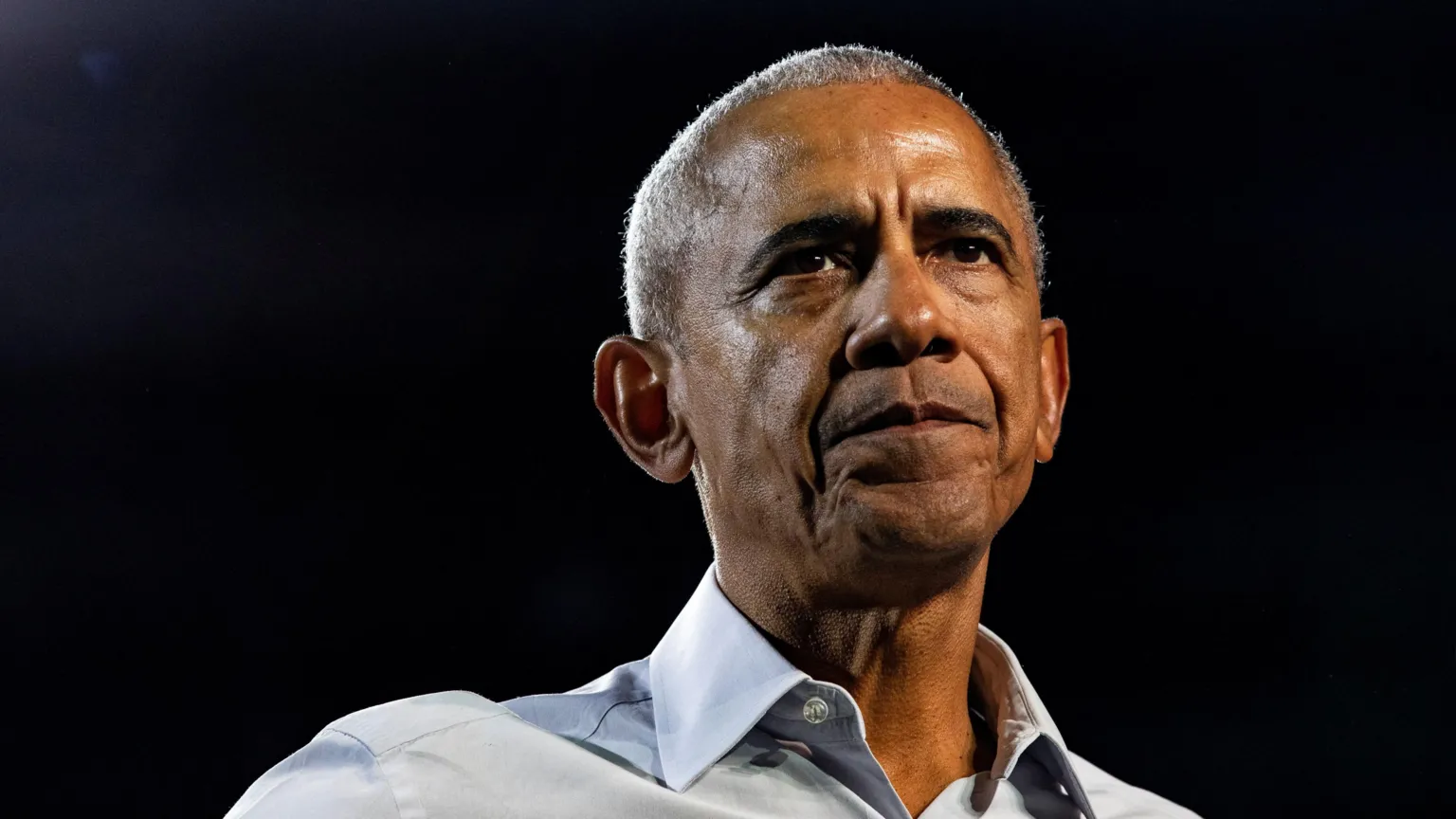







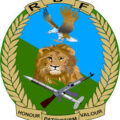



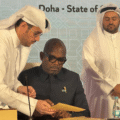



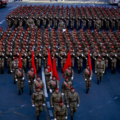



Your writing style makes complex ideas so easy to digest.